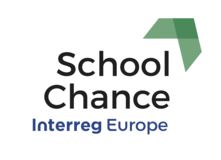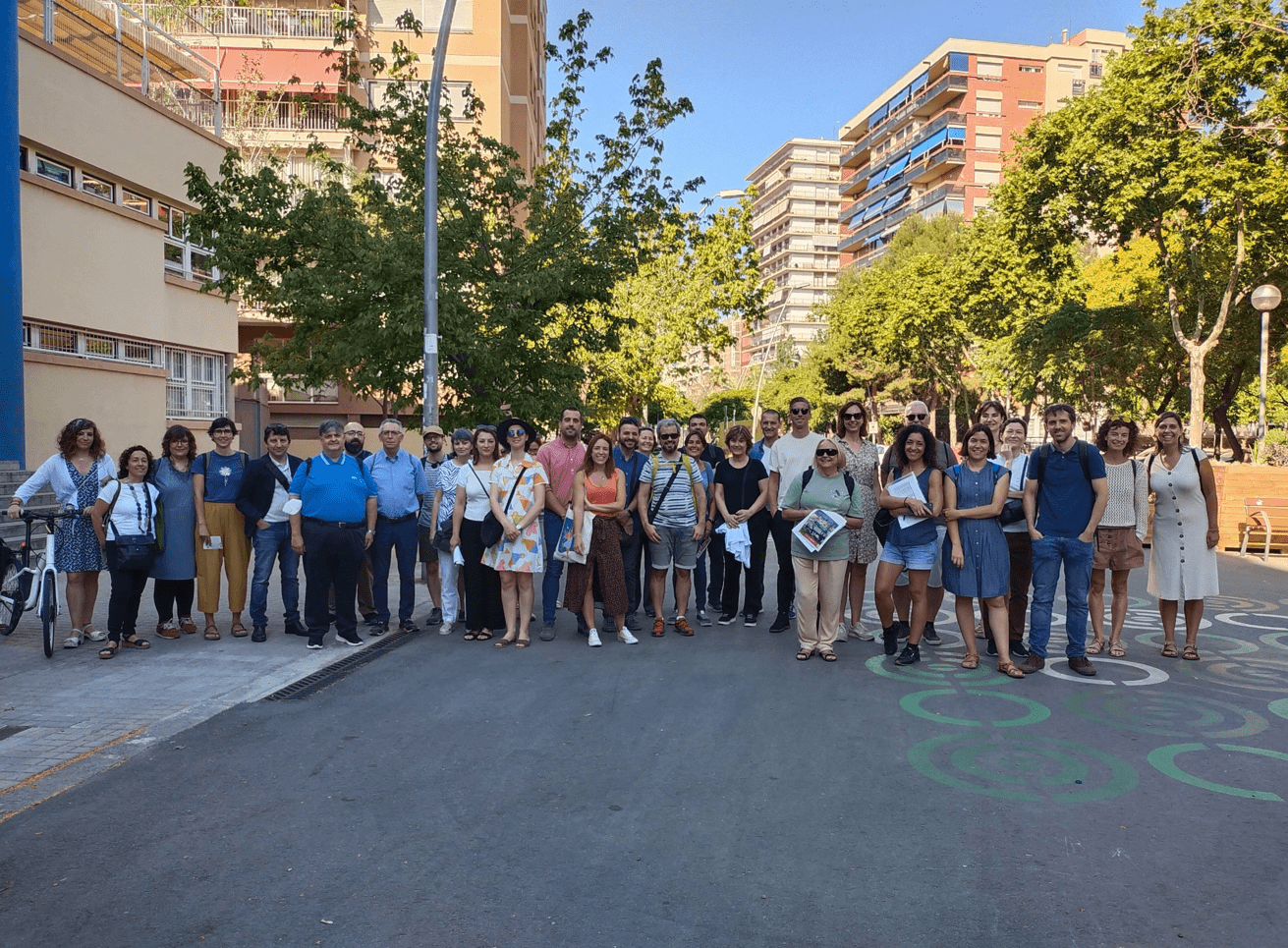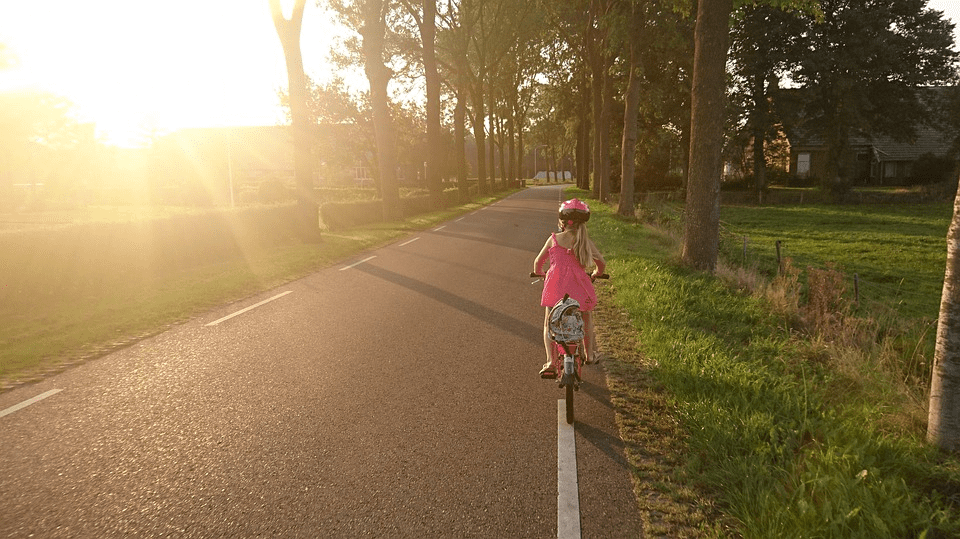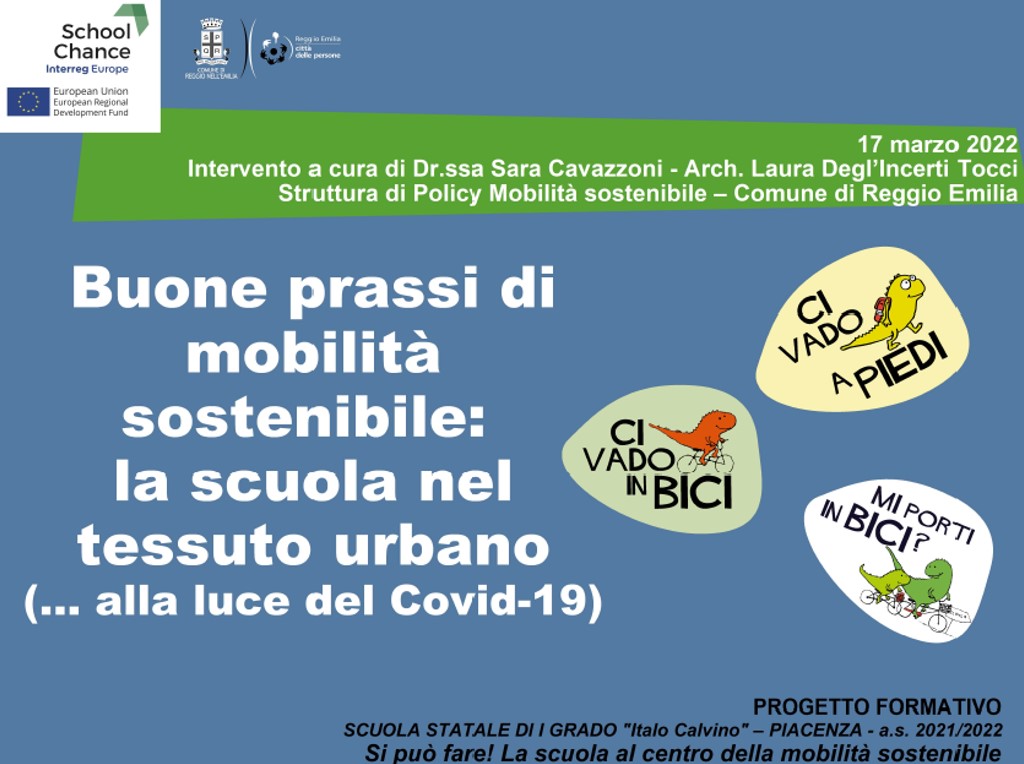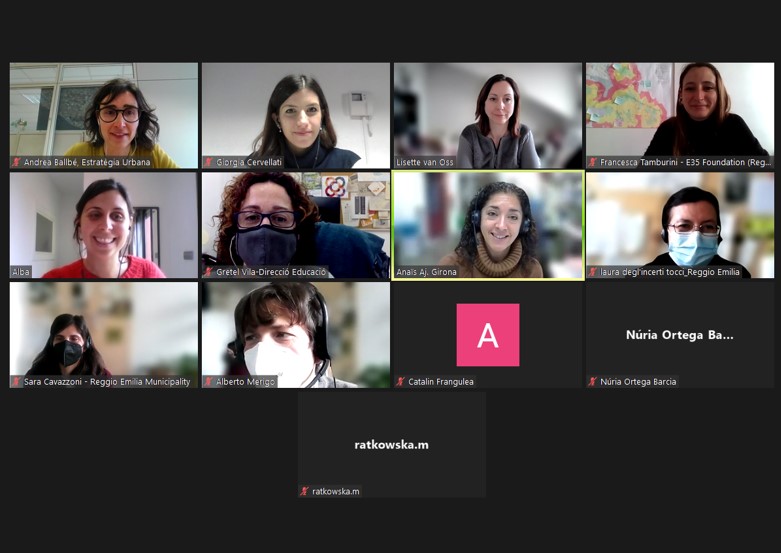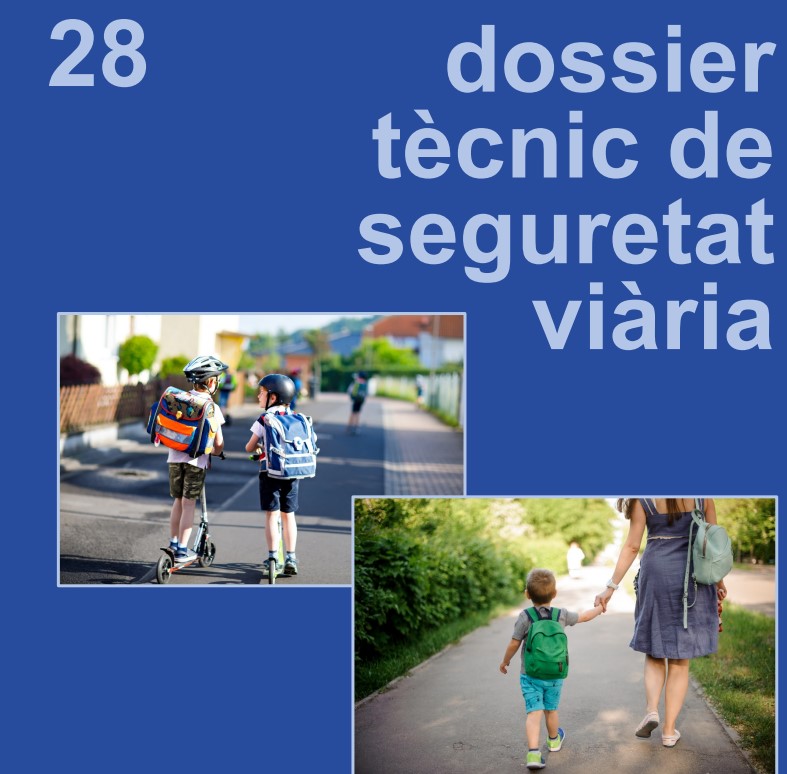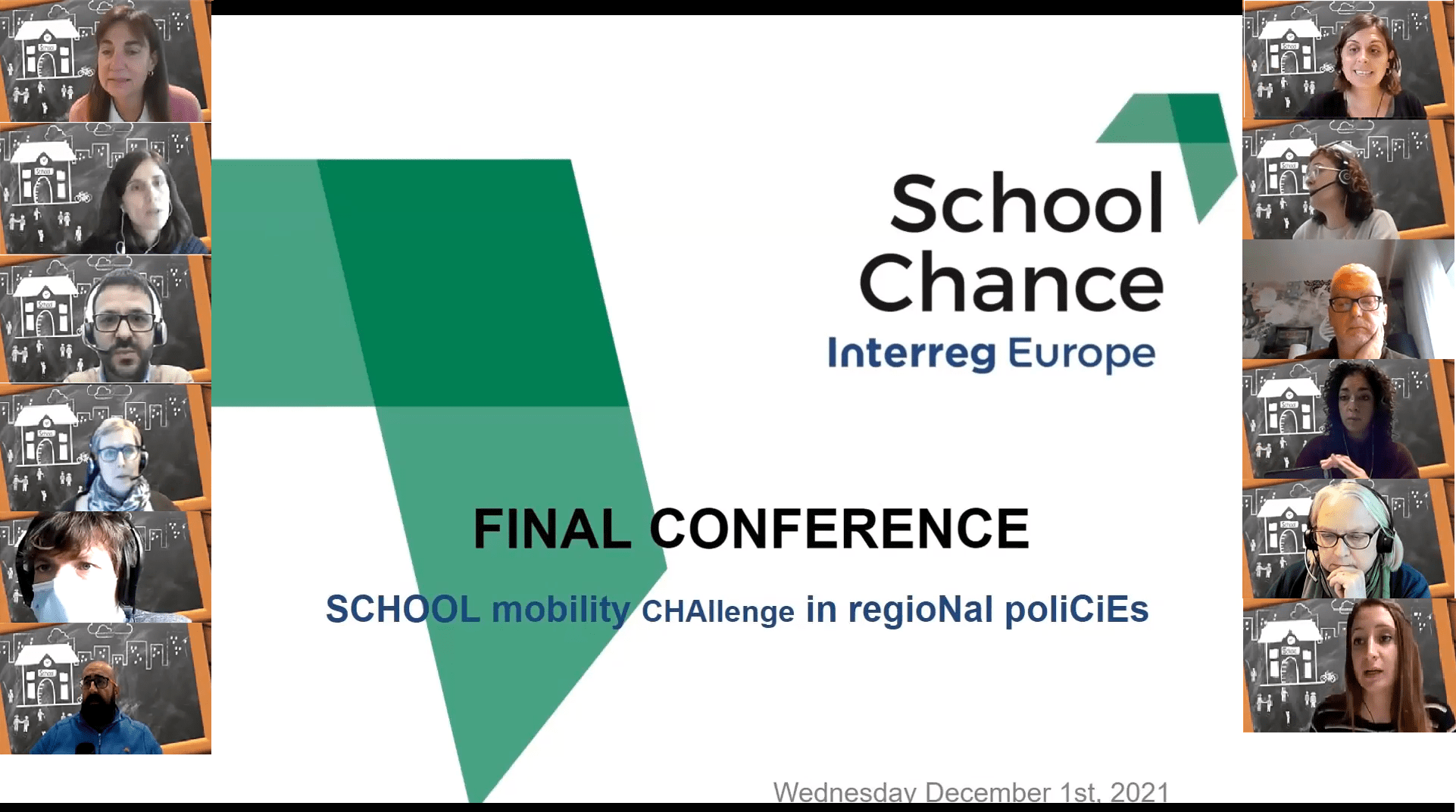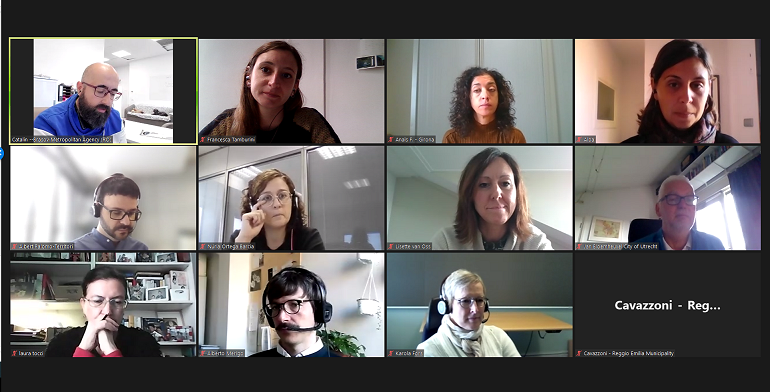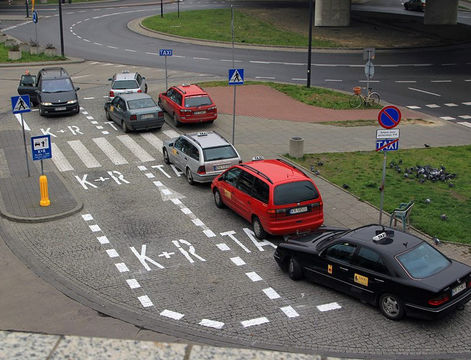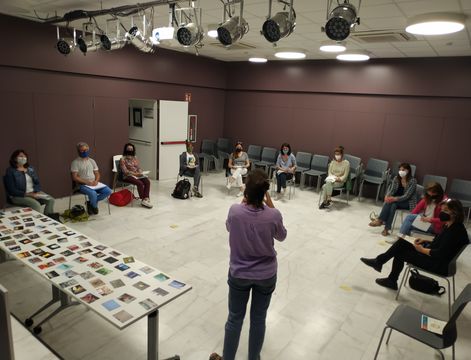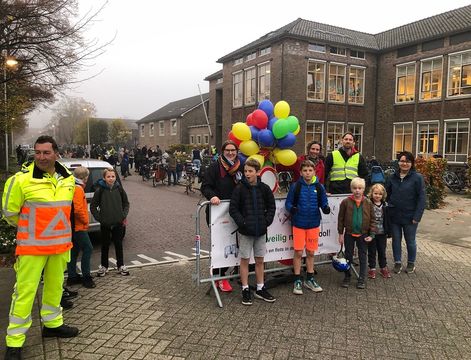On March 6th and 7th, Brasov Metropolitan Agency organised two transfer workshops in which two good practices of the Municipality of Reggio Emilia and of the City of Utrecht were presented to the local stakeholders and discussed in terms of transferability and implementation. These good practices were the most “successful” ones in terms of interest within School Chance partners, being the most selected for the project’s transfer workshops.
The first one is Reggio Emilia’s “School Mobility Managers network”.
The City of Reggio Emilia started to promote the role of the School Mobility Manager in 2009 within the “Manifesto for a safe, sustainable and autonomous home to school mobility”. A teacher usually holds the role of main contact point in the school for mobility policies implemented both for the Municipality and the whole school (children, parents, employees).
The Municipality realised different actions for the school mobility managers such as meetings, promotion of specific activities and initiatives (both recurring such as BikeTrain, and new ones such as Traffic Snake Game or Walking and Cycling competition), tailor-made trainings etc. When developing the Manifesto in 2009, it was clear from the beginning that it was necessary to promote an intense and continual dialogue and cooperation with Schools; the creation of a specific figure within each school represented an effective and efficient way to have a direct contact and create a permanent network with all the schools of the city. During the years, the network of school mobility managers proved to be a valuable tool to exchange experience and to build synergies among people involved.
The second good practice “School zones / Road Safety Label” is hold by the City of Utrecht.
The objective of this measure is to increase road safety in primary school areas, by reducing the number of car trips and increasing the number of walking-trips and trips by bicycle. The objective is also to create recognisable, safe school surroundings and increase the satisfaction with road safety in primary school areas among children, their parents and teachers. To stimulate high quality traffic education at primary schools, a quality label for primary schools was developed. This Road Safety Label shows that a school has made an effort to achieve traffic education and road safety around the school. Nine out of the 12 provinces in the Netherlands work with this kind of quality label. In Utrecht, the Province of Utrecht was responsible for the Utrecht Road Safety Label (URSL). To determine whether a school is qualified for the URSL a list of criteria is being used. Schools need to embrace several key elements, such as: traffic safety education, the participation of parents and commitment to the establishment of a safe environment. A Road Safety Label-consultant indicates which criteria need the school's attention for improvement. The school appoints a road safety coordinator who is in charge of the project, and - if necessary- supports the implementation. If the school fulfils all criteria, it will be awarded the Road Safety Label. This consultant makes plans for maintaining the label and there will be checks every two years. Even though the measure is primarily concerned with road safety, it will also positively affect environmental issues.
According to Mihaela Melinte, one of the stakeholders who took part in the transfer workshop and who works as a teacher in Rasnov (Brasov District), “these two ideas can become standards for all schools to aim at. I think we need to start from somewhere and this could be a very good starting point. Some very clear criteria about safety are necessary if we want to encourage our students to come to school by bike or walking. There is reluctance from authorities regarding the implementation of these ideas. But having a good example of safe school surroundings could be a model to replicate for other schools in the area and in the country”.
